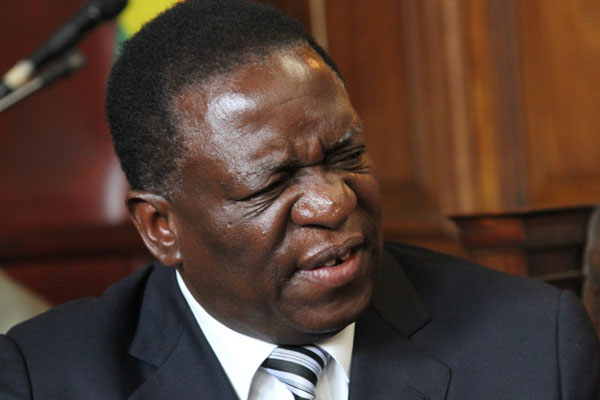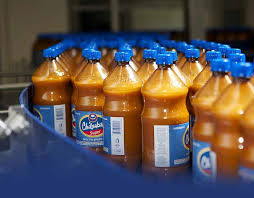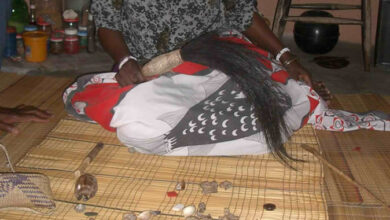Critics slam new sanctions on Zim officials as ineffective

The new regime of sanctions against Zimbabwe’s top government officials and their enablers is new wine in an old wineskin and will not achieve anything in bringing change to the country, analysts have said.
On March 4, the United States (US) government-imposed sanctions on Zimbabwe’s President Emmerson Mnangagwa, his wife Auxilia, Vice-President Constantino Chiwenga, businessman Kudakwashe Tagwirei along with his wife, Sandra Mpunga, senior government officials, and alleged business partners, for corruption—siphoning off public resources for personal gain—and human rights abuses.
This overhaul scraps the old executive sanction order introduced in 2003 and replaces it with the Global Magnitsky sanctions program, focusing directly on the top individuals responsible for corruption and human rights abuses in Zimbabwe.
“These illicit activities support and contribute to a global criminal network of bribery, smuggling, and money laundering that impoverish communities in Zimbabwe, southern Africa, and other parts of the world,” said Treasury Deputy Secretary Wally Adeyemo in a statement.
The US assured that “sanctions on these individuals and entities do not represent sanctions on Zimbabwe or its public,” but local analysts indicated that not much would change to end the suffering of Zimbabweans or the targeting of human rights activists.
“We, the downtrodden masses, believe that the targeted sanctions have not worked against the Regime. In reality, sanctions have been used by the corrupt and failing government as an excuse for its own failures,” said Future Msebele, a political analyst, in an interview with CITE.
Msebele said Zanu PF bigwigs have developed a “complicated network of syndicates” to burst or bypass the sanctions and have continued to loot the state coffers.
“There are many loopholes, weak enforcement of the sanctions, no clear strategy, and a weak communication of the political objectives have undermined the effectiveness of the sanctions,” said the political analyst.
“We are still at the same point, if not worse off. We still have human rights abuses, we are still calling for political and electoral reforms. It is time to think of alternative ways to deal with corrupt regimes. Sanctions have proven to be ineffective, and the achievement of primary political objectives has remained elusive.”
Another political analyst, Bernard Magugu, concurred that “nothing has changed except that the sanctions were updated,” yet the political and economic situation in the country remains “critical.”
“The sanctions were lifted from a number of people who were in power before, and there is now a distinction between these small fish from the past, and top targets who are leading now,” Magugu said, noting that President Mnangagwa’s spokesperson, George Charamba, on his social media account has also hinted there was nothing new since the President and his Deputy, have always been under US sanctions.
The presidential spokesperson has said “it is misleading for the media to use yesterday’s slanderous statement from US’s OFAC office on the two, alongside other Zimbabweans, to create an impression this is a new development. Simply, it is not, with US hostilities continuing amidst yesterday’s tokenism.”
Magugu said that looking at Charamba’s comments on a social media platform, the Zimbabwean government was not really shaken.
“Another point to factor in is the removal of the 2003 Executive Order, which was repeatedly renewed in subsequent years highlighting human rights and democratic reforms, shows that the influence of civic society organisations, activists, or opposition politicians is dwindling, which is a setback for the country. This may mean that human rights violations will continue unabated,” Magugu said.
On the other hand, Iphithule Maphosa, said that as much as the sanctions regime seems like they hurt the principals less, the US was making a clear point that they were still not receptive to Mnangagwa.
“This may hurt his reputation because the world, even though they accepted the presidential result—in other words, they can’t change the election result—they don’t want to be associated with someone who rigs elections. This also means that the world cannot stomach having him take on a third term,” said the opposition politician.






